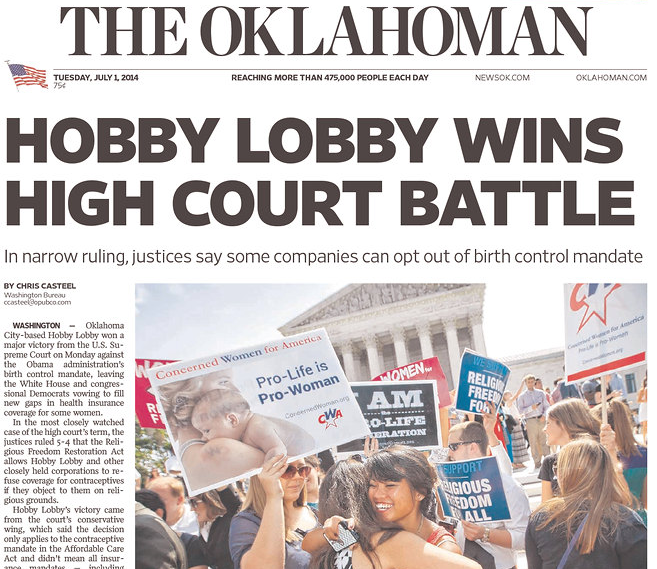As you would expect, people were a bit tense last night on my commuter train from Union Station in Washington, D.C., back to Baltimore. If anyone was talking, they were talking about the Boston Marathon explosions and the other unexploded bombs found in that tense area.
Of course, police were everywhere near the U.S. Capitol. That was to be expected. And there was another element of the scene that was to be expected. I didn’t hear anyone express the slightest doubt that they believed this would be shown to have been the work of a terrorist or terrorist with some kind of link to radical Islam.
That’s the world that we live in, of course. That’s the world journalists have to work in, as well. The early reports of a Saudi national being question and detained, but not arrested, did not help matters.
In other words, everyone is talking and now we are waiting for the religion shoe to drop, waiting to see the quality of (a) the information that government officials choose to release and (b) the additional information that journalists — left, right and center — attempt to dig up.
Everyone is being extra cautious — as they should — when it comes to the facts that they think they know at this point.
One of the main stories at The Boston Globe has the basics, with the “person of interest” angle played down. Note the plural language in the lede:
A changed Boston started the search for normalcy today as law enforcement continued its search for those responsible for the Boston Marathon bombings that has so far claimed 3 lives, left more than 140 wounded and transformed downtown Boston into a closed-off crime scene.
Commuters faced increased security on the MBTA today in one of the signs of increased security in response to the detonation of two bombs, within 12 seconds of each other, at the finish line of the Marathon on Boylston Street Monday afternoon. At South Station this morning, Amtrak passengers were met by police with a bomb-sniffing dog who strolled alongside passengers. Baggage was swabbed by police and put through explosives-detecting scanner before passengers were allowed to board.
Overnight, a wave of law enforcement officials swarmed a home in Revere, looking at what the Revere Fire department described as a “person of interest,’’ but no arrests were reported this morning. The FBI, which has taken the lead in what a top official called a “potential terrorism investigation,’’ is expected to update the public at 9:30 a.m. today.
And later in the story, this addition glimpse of the behind-the-scenes activity:
No arrests have been reported this morning. According to a law enforcement official briefed on the investigation, authorities are trying to determine if more than one person was involved in the attacks. …
On Monday, a Saudi national was questioned by investigators at a Boston hospital and late Monday night descended on a high-rise apartment building in Revere and conducted a search related to the investigation. FBI and Homeland Security agents were seen entering the Water’s Edge apartment complex at 364 Ocean Ave.
So what are journalists looking for? At what point does religious information or, sadly, speculation enter the news picture?














